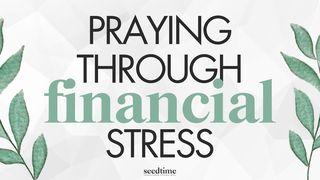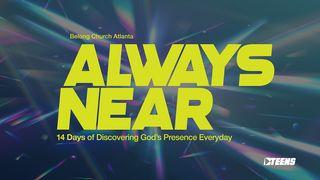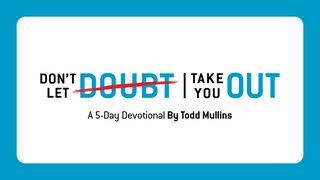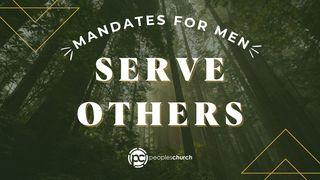Freedom in ChristSample

Rewrite Your Story
We will not hide them from their descendants; we will tell the next generation the praiseworthy deeds of the LORD, his power, and the wonders he has done. (Ps. 78:4)
This psalm is a citation of the sin of Israel, how it aggravated God, and how he had expressed his anger over their sin through correction. However, it also alludes to God’s great mercies over his people Israel. The psalmist remembered and recounted what God had done for Israel in spite of what they had done against him. Asaph encouraged Israel to testify, to tell the praiseworthy deeds of the mercies of God over their lives: “We will . . . tell . . . the glorious deeds of the LORD” (v. 4). Not with a purpose of continually feeling guilty, but to affirm God’s undeserved redemption.
We are not so different. Like Israel, we have all sinned, and like Israel, God has both been aggravated and corrected us too—through the Bible, and through other believers. But God’s mercy is there for us, too, through the blood of Jesus Christ.
The psalm ends with God’s choice of “David his servant . . . to shepherd Jacob his people” (vv. 70-71). God’s people have a long history of wandering, and perhaps you do too, but God’s shepherd-king Jesus has come to save us from our sins. Let’s set our hope in him and remember all he’s done for us (Ps. 78:7).
As you pray, ask God to give you courage and boldness to keep speaking of his greatness and mercy towards you, so that in your freedom others will be freed too.
Keziah Namusaazi is Manager of Production and Broadcast for Words of Hope Uganda.
Scripture
About this Plan

Freedom is a theme that runs throughout the Bible like a vivid, golden thread. In Christ, we are set free, and we are called by God to live as free people—free from sin, and free from the law too. But what does that mean? This 7-day series, written by believers in Uganda, guides you in living with freedom in Christ.
More
Related plans

A Family of Prayer

Praying Through Financial Stress

Always Near: 14 Days of Discovering God’s Presence Every Day

Sound of Heaven: A 6-Day Devotional by Danny Gokey

There Is No Law Against These Things

The Year of God's Divine Agenda

Every Place

Don't Let Doubt Take You Out

In Her Image: Character Study of the Proverbs 31 Woman
